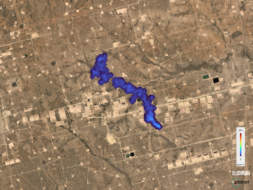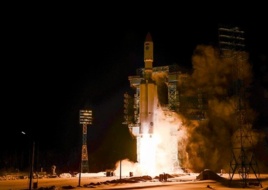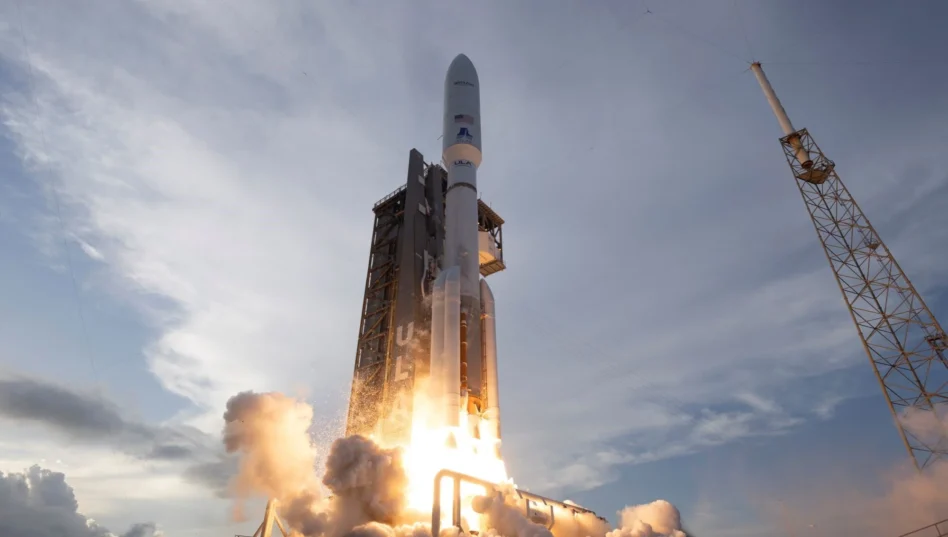The House Science, Space, and Technology Committee approved three bills on Tuesday morning designed to increase astronaut safety, tap the private sector for scientific data, and maintain US leadership for the next generation of deep space exploration.
Keep reading for more details on each piece of legislation—and the next steps towards becoming law.
The ASTRO Act
Name: The Astronaut Safe Temporary Ride Options (ASTRO) Act, introduced by Rep. Brian Babin (R-TX), who chairs the House Science, Space, and Technology Committee.
Purpose: When astronauts return to Earth after long-duration space missions, they usually suffer side effects that make it difficult to drive. The bill would provide astronauts government-funded transportation from their home to NASA official engagements, including medical research appointments, until they are medically cleared to drive themselves.
Debate: No naysayers on this bill, which got kind words from both Republicans and Democrats during the markup.
“The brave men and women who wear the iconic blue flight suits…risk their very lives to advance scientific discovery and America’s leadership in space,” Babin said. “Their important work does not end upon their return to Earth. It continues, whether through scientific monitoring [or] engaging with the public about their time in space…We must make certain they have every resource necessary to continue their important work, and safely adjust to life back here on Earth.”
Next steps: Lawmakers agreed to send the ASTRO Act to the full House by a voice vote.
The ASCEND Act
Name: The Accessing Satellite Capabilities to Enable New Discoveries (ASCEND) Act, introduced by Reps. Jeff Hurd (R-CO) and Suzanne Bonamici (D-OR).
Purpose: The bill would permanently authorize a pilot program to buy commercial EO data and imagery for scientific research in NASA’s Earth Science Division of the Science Mission Directorate.
Debate: The bill also got glowing reviews from both Democrats and Republicans—though Bonamici used part of her remarks on the bill to call out the Trump administration for its proposed gutting of NASA’s science funding.
“We are having this markup…at a time when our science agencies and staff are under attack. And I hope this committee can join together to acknowledge the importance of scientists and researchers and work together to fund, not gut, science agencies like NOAA, NASA, NSF and NIST,” Bonamici said.
Next steps: The bill passed the committee by voice vote and now heads to the full House.
The Celestial Time Standardization Act
Name: This bill doesn’t get a fun acronym. The Celestial Time Standardization Act was introduced by Rep. Jennifer McClellan (D-VA), who first put forward the bill in the 118th Congress but no longer serves on the House Science, Space and Technology Committee in the 119th Congress.
Purpose: The bill directs NASA to develop a way of telling time on the Moon and other celestial bodies to ensure international governments and commercial partners work in sync during off-world missions. The NASA administrator must present a plan to Congress within two years of the bill becoming law, if it gets that far.
Debate: With McClellan no longer on the committee, lawmakers didn’t have much to say on this one.
Next steps: The committee went three for three, also sending this bill to the House for a vote. For all of these bills, the panel’s approval doesn’t guarantee the legislation any consideration on the House floor, but it’s an important step along the way.





